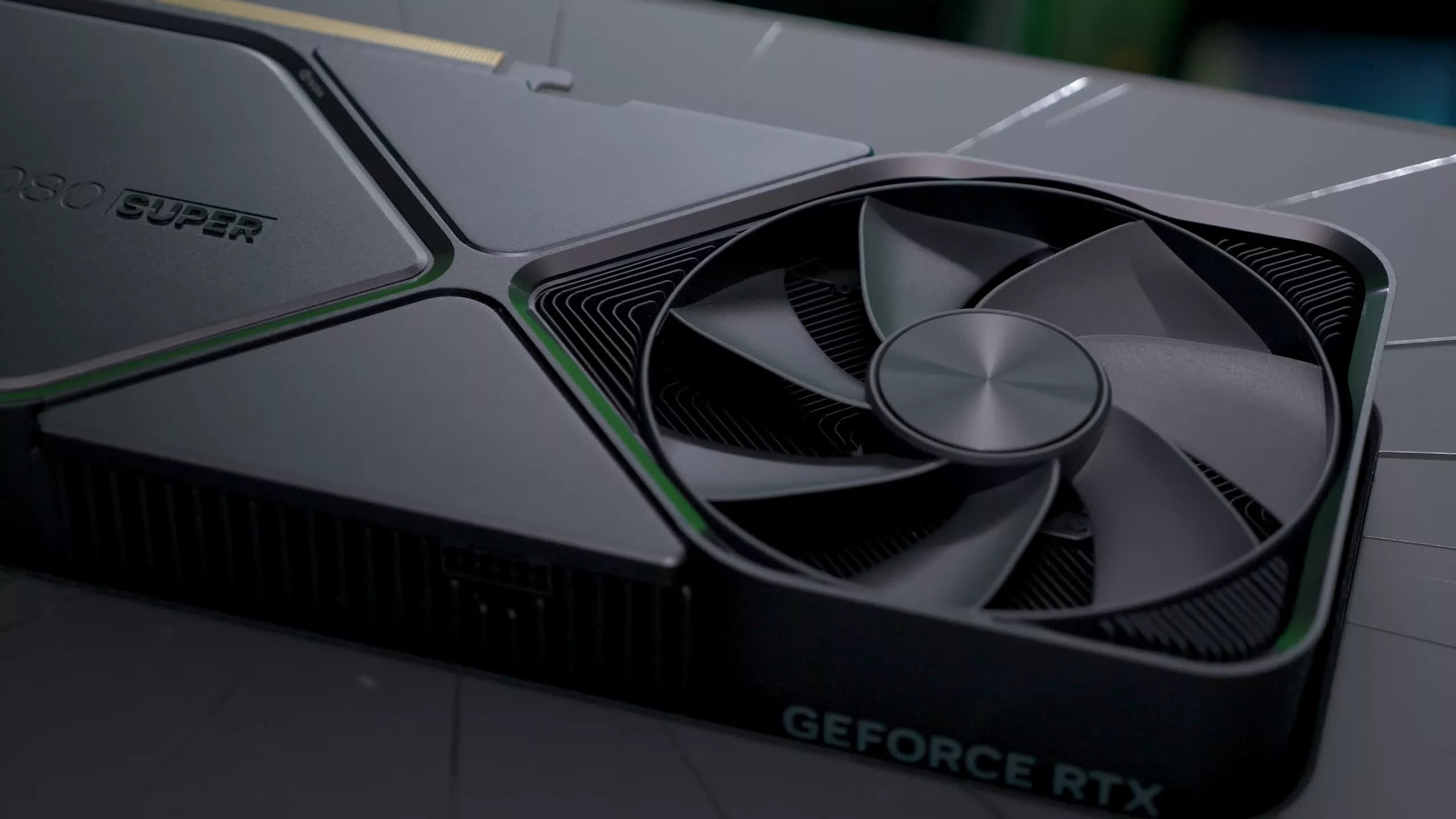Did you even read the comment you were replying to? I mentioned the Steam survey myself. The link you just posted shows exactly what I said, 4000 series adoption is NOT fine. It was adopted at the same speed as the 2000 series (also a commercial disappointment), and at a fraction of the pace of the 1000 series.
I literally gave you figures comparing the 1060 (peaked at just under 17%) compared to 4060 (peaked at just under 9%), where do you think those figures came from?
That's not the point. AMD has sold much less than Nvidia for a decade now. AMD has nothing to do with this, the problem is Nvidia has consistently failed to reproduce the commercial success they had with Maxwell and Pascal in the consumer market (2000 series flopped, 3000 series was hindered by the pandemic, and now 4000 series flopped again). There are tons of customers sitting on old Nvidia cards and Nvidia is incapable of enticing them into upgrading. The only difference is that, unlike with the 2000 series, this time they don't care because they're making bank in the datacenter market instead.
And yet usage on Steam is not any better than it was for the 3000 series 2 years after launch, despite the fact that the 3000 series was limited by the pandemic shortages, and crypto boom with miners snatching everything they could.
That is the perfect illustration of how poorly the 4000 series sold. The scraps of the 3000 series that were in use on Steam at the end of 2022 match the unimpeded, full availability sales of the 4000 series at the end of 2024, both being 2 years away from their respective launches.
In contrast, at the end of 2018, Pascal cards were 37% of Steam, more than double the usage share that Ampere (pandemic/crypto) and Ada Lovelace (terrible value) achieved two years after launch.
Are you blind? 4000 is listed all the time in the top 50 GPU list. Fun fact: 7900XTX did not even make top 50.
The only reason 3000 is higher, is because its a generation older and sold for cheaper + second hand market. No-one cares, as 4000 series are superior anyway.
4000 is better than 3000 series by far.
3000 series is made on the crappy Samsung 10nm process, hence the terrible performance per watt.
Tons of 3000 series GPUs were sold second hand due to GPU mining dying and 3060 series is still being made and sold today and you wonder why its number one on the list? haha! People are cheapskates and will settle.
To me, you sound like a silly 3000 series owner not willing to accept that 4000 series is better.
4000 series is made on peak TSMC 4N process, hence the vastly better performance per watt and cool temps.
3000 series were made on the very cheap Samsung 10nm process, which was even worse than TSMC 12nm and Intel 14nm when looking at density and performance per watt.
By the way, Samsung 8nm is actually their 10nm node renamed. This is a fact. Exactly the same density, just a new name, nothing else, thats why I say 10nm and not 8nm because it is all a lie.
Samsung 10nm was enough to beat AMD. Nvidia were smart leaving TSMC which was massively booked and paid 1/3 of the price for Samsung to make the 3000 series. However, still cheap and bad silicon, which is why most people undervolt their 3080 and 3090 cards. 3060 and 3070 did fare way better in terms of efficiency, yet still nothing as good as 4000 series.

